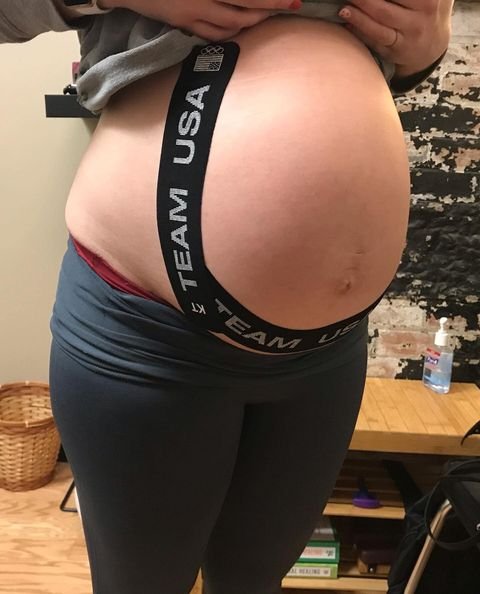Did you know that kinesiology tape can be used to tape the belly during pregnancy? Depending on how it is applied, it can help relieve low back pain or pressure as baby starts to drop lower into the pelvis. Or it can help relieve pressure under the ribs to make it easier for mom to breathe.
Think chiropractic is all about crackin’ backs?
Some things that happened today in the office:
-Met a first time mama and explained how the Webster technique can help to balance the structures of the pelvis, create a smoother birth and allow for a more comfortable pregnancy. 🤰
-Did some instrument assisted soft tissue work with a with recreational volleyball player and talked ankle ligaments and musculature of the lower leg.
-Helped a breast cancer survivor with some headaches and back pain that she’s been having post FLAP surgery and made a plan for scar rehab.
-Completed care for a patient trigger thumb who was looking for an alternative to surgery 🏽 and she’s back to smooth range of motion.
-Worked on TMJ musculature and gave some strategies to work on at home when stress ➡️ jaw clenching.
Chiropractic can help with so much more than low back pain, (but we’re pretty good at that too).
Chiropractic is a safe, effective and drug-free way to manage pain and improve function for many injuries and issues affecting the spine, joints and surrounding muscles.
New Pregnancy Pillows are here!
These soft bundles of goodness are an important part of your prenatal chiropractic appointment. Pregnancy pillows can help you feel comfortable lying face down on the adjusting table for assessment and treatment using the Webster technique.
The Webster technique helps to diagnose and treat imbalances in the pelvis during pregnancy. The bony structures of the pelvis attach to the uterus via the round ligament. Balancing the joints of the sacrum and pelvis can help:
🤰 to ease hip/low back/pubic area discomfort during pregnancy
🤰 allow the baby space to move to achieve optimal positioning
🤰help your body with biomechanical changes as your transition through the trimesters
🤰prepare you for labor and birth
Plus it just feels luxurious and amazing to be able to lay on your stomach once that baby bump gets more bump-tastic!
Pillows are also used during your postpartum visit to get you comfy and can accommodate positioning for post- c-section and breast tenderness.
C-Section Scar Rehab and Mobilization
Why taking care of your scar is so important:
A c-section is a major abdominal surgery! Seven layers of tissue were cut to get that beautiful baby to the outside world:
skin, fat, fascia, abdominal muscle, peritoneum, the uterus and the amniotic sac
After birth, we want to make sure that these layers can glide smoothly over each other to support core function, pelvic floor function and general health. You need a strong core and pelvic floor to lift car seat/baby/toddler, resume physical activities like weight lifting, running, etc and do all those bodily functions that happen down there like peeing, pooping and getting your period.
Check out the video below for a non-gory look at all the layers that were involved in your c-section.
C-Section Video (Don't worry, it's PlayDough!)
Start with nerve desensitization (can begin at 2 days post-surgery)
You may have noticed that the skin surrounding the scar feels a little off...overly sensitive, numb/tingly or irritated from your clothing or underwear. The brain helps your nervous system decipher different signals that your skin sends - pain, hot/cold, deep pressure vs light touch. These signals can be disrupted after surgery.
Start with the skin around the scar, at 4 weeks you can work directly on the scar. Use different textured objects to help the nervous system normalize these sensations. Try:
cotton balls
washcloth
the scrubby side of a clean dish sponge
toothpick
a soft or fuzzy fabric
Rub on and around the scar with different fabrics and use the toothpick to gently prick the skin. Do this 2x/day for a few minutes at a time.
Keep all these objects together in a bag where they are easy to access.
Scar mobilization (can start ~ 4 weeks post-surgery):
Try to make it part of your routine - before bed or after getting out of the shower for example.
You do not have to buy any fancy lotion or cream, but some can help diminish the appearance of the scar. Try wheat germ oil or body butters with Vitamin E and collagen. Keep your lotion in an easy to access location that helps you remember to use it.
Give yourself time for the wound itself to heal - usually around 4 weeks. The stitches should be dissolved or removed at this point.
The technique:
There are several ways you can use your fingers to mobilize the scar tissue.
across the scar in a circle or star pattern
pinch and lift the scar
find the areas of adhesion (these will feel crunchy or like harder lumps) and focus on moving these in all directions
press into the skin above and below the scar and pull away from it
Know that this can be difficult to perform on yourself, especially in the beginning! Start gently and realize that mobilizing (any) scar tissue can release emotions. If you need help getting started, we can do this at one of your postpartum chiropractic appointments.
Remember that you can start as early as 4 weeks, but it is NEVER too late to mobilize your scar.



